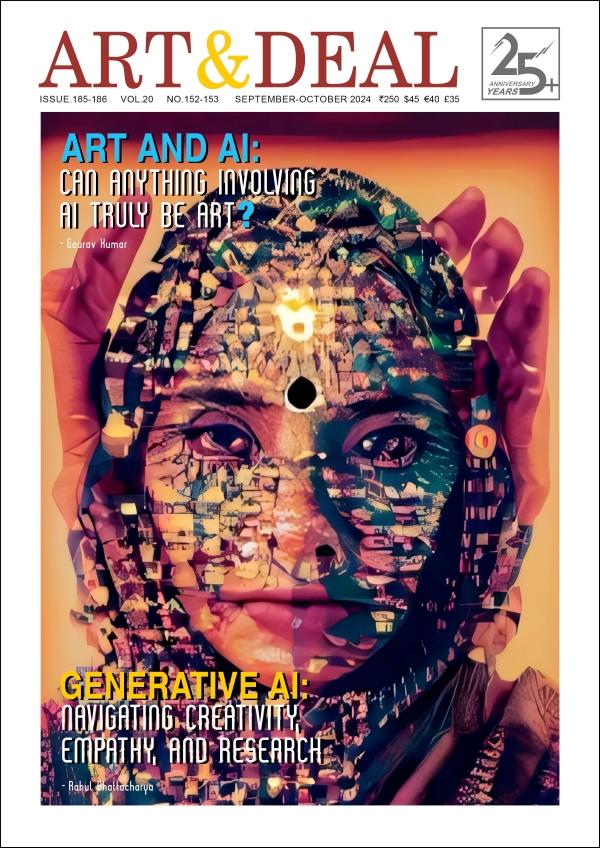From Warhol to Koons– The Devolution of Pop
Waswo X. Waswo
An older, comatose, women’s movement morphed into radical feminism, and “the pill” opened the doors to a new, heterosexual candour about unashamed, non-marital relationships. By the end of the decade meek attempts to decriminalize homosexuality became an outspoken demand for gay rights.
Once upon a time, radicalism was pop, and pop things were radical. The 60s in America were a time of upheaval, with one social revolution closely followed by another, or, more often, one social revolution holding hands with another in common cause. It was the decade of the Voting Rights Act, racial desegregation in schools, the Civil Rights Movement, and of course, massive protests against the Vietnam War. An older, comatose, women’s movement morphed into radical feminism, and “the pill” opened the doors to a new, heterosexual candour about unashamed, nonmarital relationships. By the end of the decade, meek attempts to decriminalize homosexuality became an outspoken demand for gay rights. Dressing down with an earnest shabbiness that eschewed materialism was the youth code of the day. Cooperatives of all kinds sprouted, offering de-corporatized goods and services produced by people aspiring toward a new, anti-capitalist, but socially free, Utopia. India became a role model for youth naively seeking a spiritual society at one with peaceful cows, vegetarianism, ganja smoke, and an anti-materialist, transcendental happiness.

